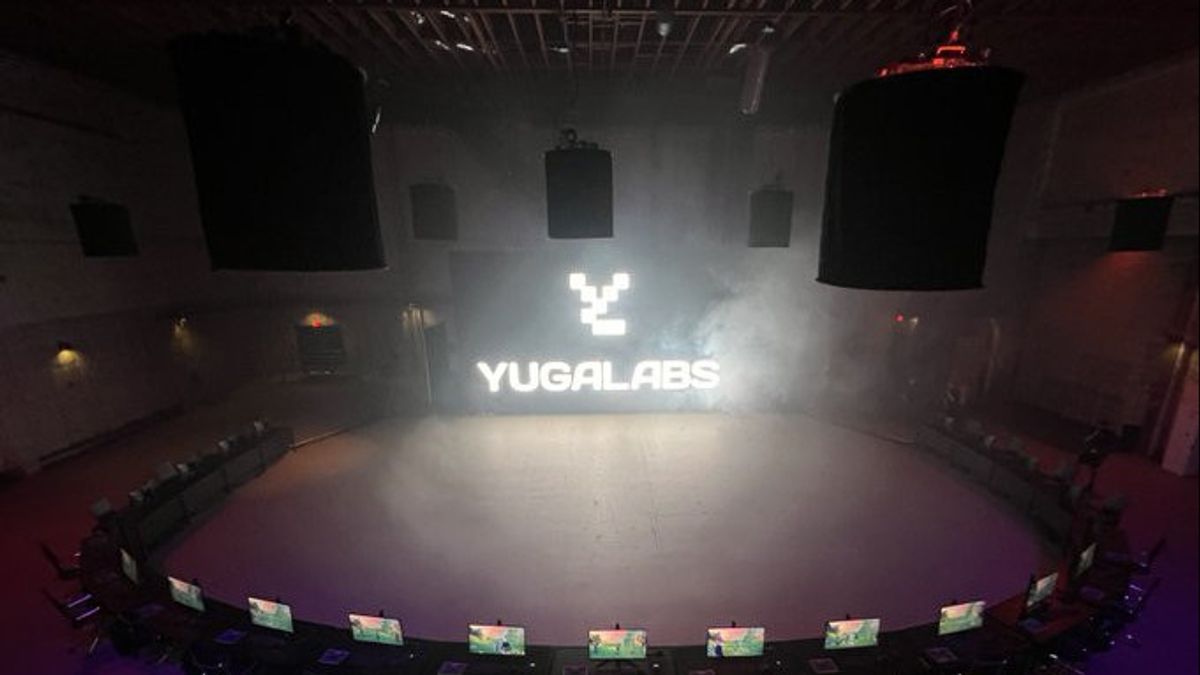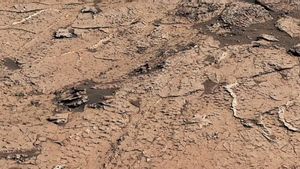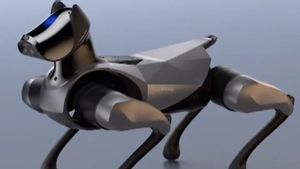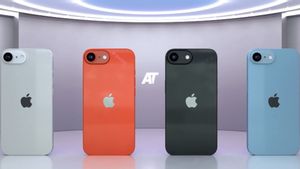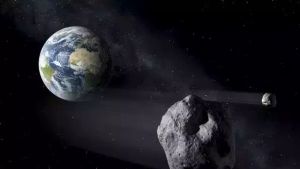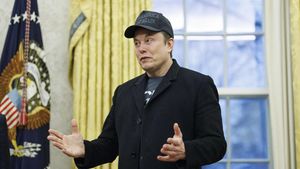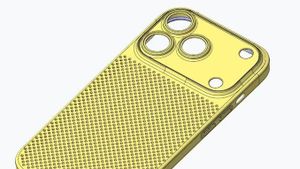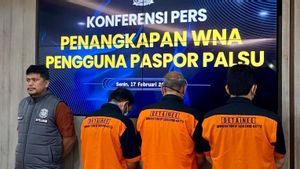JAKARTA - Yuga Labs, the company that developed the Bored Ape Yacht Club and CryptoPunks, announced that it will block their ability to trade their new NFT at OpenSea in February 2024. The move is meant to protest against OpenSea's decision to no longer raise royalties on behalf of the NFT creators which is a major blow to Yuga's business.
One of NFT's big promises is that the original creator will get the share every time the NFT is resold. For companies like Yuga, who saw the price of their Bored Ape collection explode in some time, the royalties could reach tens of millions of dollars. A blog post indicates a figure of 35 million US dollars (Rp 536.5 billion) only from Bored Apes trading on OpenSea until November 2022.
However, despite Web3's many promises, it is ultimately NFT's market task to impose and distribute these costs for artists. As the NFT market decreases, more markets have been willing to ignore artists as a way to lower costs and attract sellers.
The leading marketplace, Blur, only imposes 0.5 percent in most cases, much lower than the 5 to 10 percent cost usually set by artists. However, this ban only applies to new NFTs.
On @opensea's decision to sunset their Operator Filter. pic.twitter.com/ahc155WWkX
— Yuga Labs (@yugalabs) August 18, 2023
On @opensea's decision to sunset their Operator Filter. pic.twitter.com/ahc155WkX
Not all Yuga NFTs will be blocked at OpenSea due to technological constraints. The company announced that it will discontinue OpenSea's support for "all renewable contracts and all new collections," meaning the old collection, including their most famous collections, the Bored Ape Yacht Club and CryptoPunks, are likely to continue to trade there, which will limit the impact of these protests.
"We will try to prevent the OpenSea market from trading our collections along with the removal of royalties," Emily Kitts, spokesman for Yuga Labs, told The Verge. He declined to provide details about which collections would be affected.
OpenSea tried for some time to find ways to impose creator fees, but on Thursday 17 August the company gave up. They announced that starting March 2024, all royalties costs for artists would be optional, such as tips, for which sellers could choose to distribute or not. The costs will be optional for all new collections starting August 31.
また読む:
Many NFT businesses rely on these costs. They will create a limited number of NFTs, sell them at a fairly low price, and then focus on increasing token value so they can pocket resale fees later. Bored Apes sells for about $220 (Rp3.3 million) at launch, which is much lower than the US$216,000 (Rp3.3 billion) believed to have been paid by Jimmy Fallon in less than a year.
The cost of resales is not the only way for the NFT business to make CryptoPunks money has no cost, for example but it is one of the main ways. Bored Ape collection costs 2.5 percent, and after acquiring an NFT Meebits collection, Yuga added a 5 percent fee.
"Yuga believes in protecting the royalties of creators so that creators are compensated properly for their work," said Yuga CEO Daniel Alegre, in a statement delivered this afternoon. Yuga Labs has previously blocked several transactions taking place in Blur and other markets that do not impose royalty fees.
The English, Chinese, Japanese, Arabic, and French versions are automatically generated by the AI. So there may still be inaccuracies in translating, please always see Indonesian as our main language. (system supported by DigitalSiber.id)
